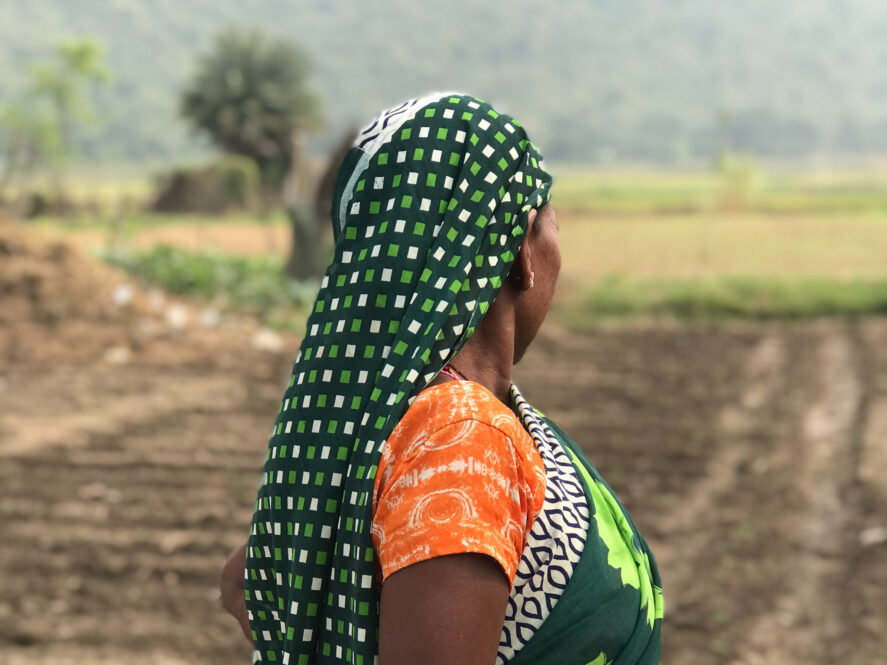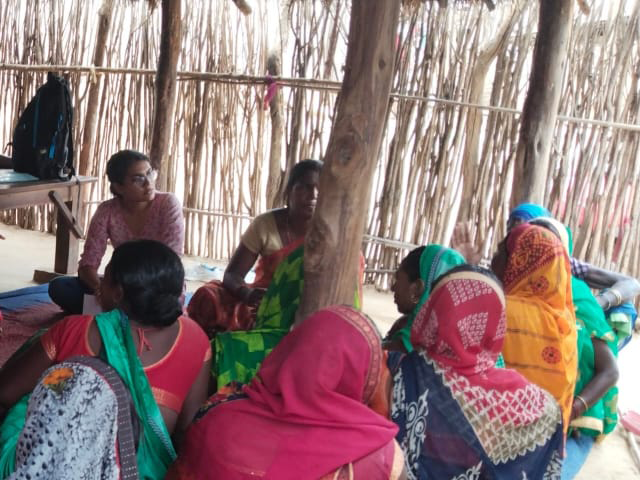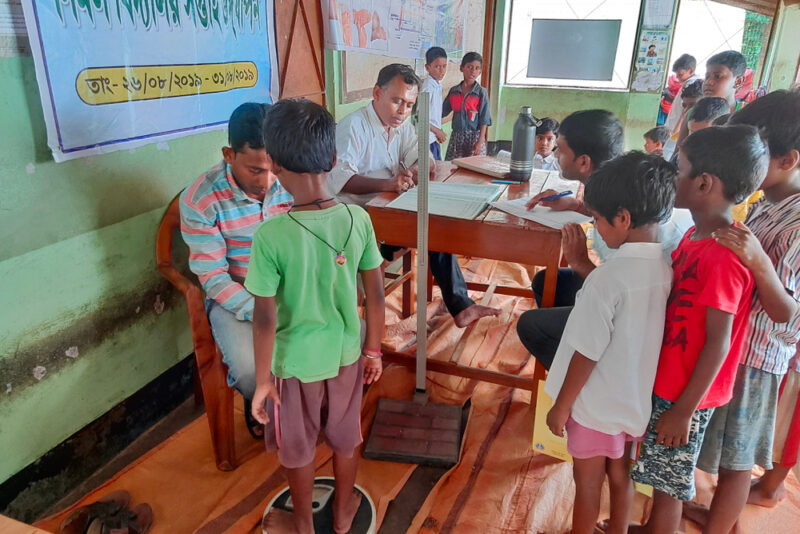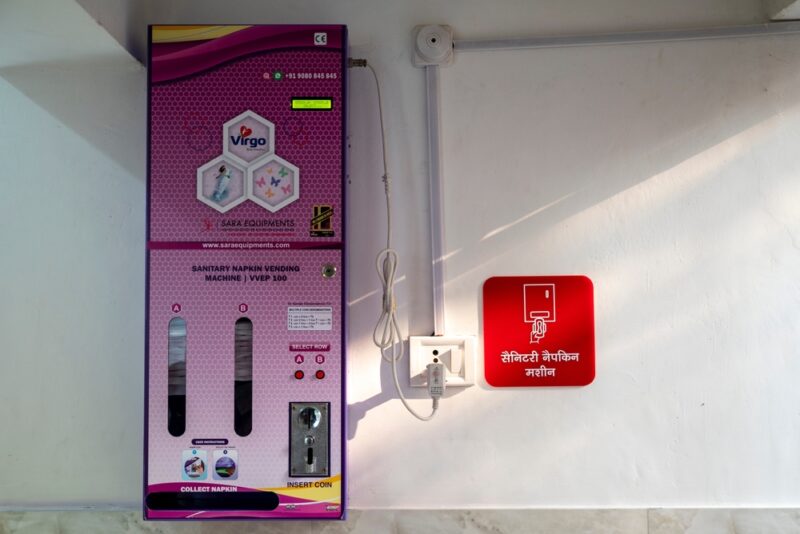From Policy to Progress: How Bihar’s Alcohol Ban Is Empowering Women

In the pursuit of a society where every woman finds solace within her home and community, away from the clutches of domestic violence and with assured equal rights, the state government of Bihar implemented a profound policy shift in 2016—a comprehensive alcohol ban, meticulously designed to provide a sanctuary of safety for women within their own households and to confront the rampant issue of domestic and intimate partner violence. This strategic policy enactment, which took effect on April 1, 2016, entailed an all-encompassing ban on the production, storage, transportation, and sale of various alcoholic beverages, spanning from Indian-made foreign liquor (IMFL) to country liquor and spiced concoctions.
Contextualizing this policy within the pre-ban landscape reveals an alarming statistic: Bihar stood sixth in the nation’s alcohol consumption ranking, with an average annual per capita intake of 14.7 liters, as per 2011-12 data from the National Sample Survey Office (NSSO). Twenty-nine percent of men and less than 1% of women aged 15 and above acknowledged alcohol consumption, according to the 2015-16 round of the National Family Health Survey (NFHS).
Empowerment and societal transformation: Women’s perspectives
To deeply comprehend the policy’s efficacy and its ripple effects on the well-being of women, I embarked on a field research journey to Baijnath Patheri village, nestled within the Munger district of Bihar.
A vivid tapestry of narratives unraveled as I engaged with the resilient women of this tranquil village, home to around 120 households. Under the temporary shelter of a canopy, our conversations traversed a spectrum of topics, ranging from government policies to their practical application, the tangible benefits derived by the villagers, and the palpable challenges faced by these strong-willed women.
Their stories began to shape a compelling narrative, voiced through Anita, a 34-year-old who scales hills daily and sells forest produce to make a living. With a reflective tone, she conveyed the transformative impact of the alcohol ban on their collective awareness, instilling a renewed sense of rights and recalibrating societal norms that perceive women as equals. Rani, aged 29, echoed this sentiment, emphasizing the paradigm shift from acceptance of spousal abuse to steadfast resistance. The overarching consensus was that the policy had become a catalyst for raising the bar of personal empowerment.

TCI Scholar Apurva Borar (left) interviews a group of women in Bihar. (Photo provided)
Diving deeper, conversations with Sulu, a middle-aged mother of four, illuminated the profound changes triggered by the policy. Police intervention, generated by vigilant oversight, translated into swift actions against domestic violence. This transformation in law enforcement dynamics created a significant deterrent and, in some cases, the perpetrators were even imprisoned.
Further exploration unveiled Reena’s tale of personal growth. In the past, her husband’s disapproval of her interactions with neighbors had resulted in abuse. Today, these interactions are embraced with spousal support and encouragement.
While discussing post-ban alcohol consumption, a surprising revelation emerged. The persistence of ‘mahua,’ a locally made country liquor, in daily routines remained an unexpected facet of life. Men and women alike partook in consuming mahua, attributing it to the dearth of viable livelihood alternatives. Santosh, a 45-year-old, elaborated that physical labor necessitated this consumption to find reprieve and prepare for the demanding tasks that lay ahead. The daughter-in-law, agreeing with Santosh, likened mahua to a therapeutic remedy, crucial in the absence of alternative employment options. This coping mechanism persisted even while overall alcohol consumption reduced, in turn leading to a decline in instances of domestic violence.
Fostering change through multi-faceted policies: Insights from personal narratives
Collectively, these personal narratives unveiled the intricate web of factors that contribute to change. It underscored the necessity of multi-faceted policy approaches that intertwine awareness campaigns with stringent oversight. The transformation in attitudes and behaviors concerning domestic violence is an embodiment of this confluence.
Moreover, the collective realization emerged that creating lasting gender parity requires a holistic effort that engages men alongside women in village-wide awareness initiatives. This realization amplifies the significance of education and awareness, not only for women but also for men, who play an instrumental role in shaping societal norms and behaviors.
In this narrative, women pointed out that organizations like JEEViKA emerged as beacons of hope. A program supported by the World Bank and the Government of Bihar, JEEViKA is designed to socio-economically empower rural households. The pivotal role played by such initiatives is undeniable, underlining their potential to uplift the status of women in villages like Baijnath Patheri, fostering a ripple effect of positive change throughout the community and beyond.
Apurva Borar is a TCI scholar and PhD student in the field of applied economics and management at Cornell University.
Featured image: A woman in Bihar, India. (Photo by TCI)





